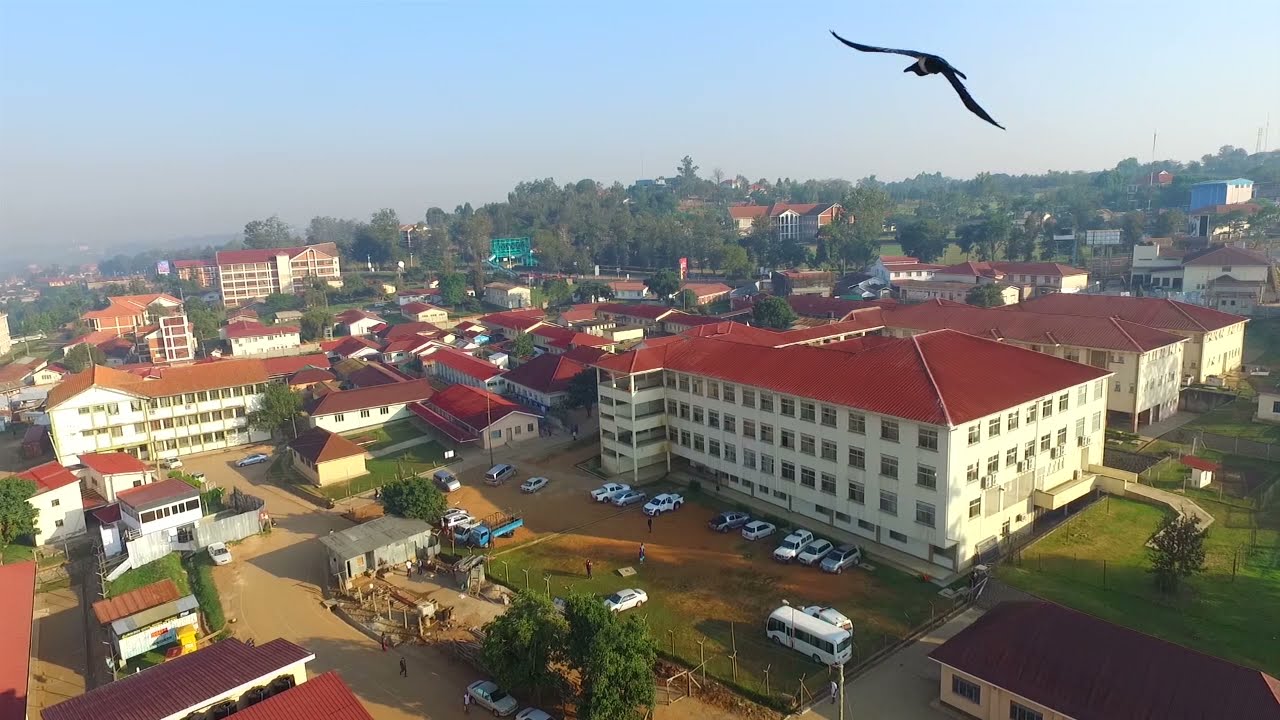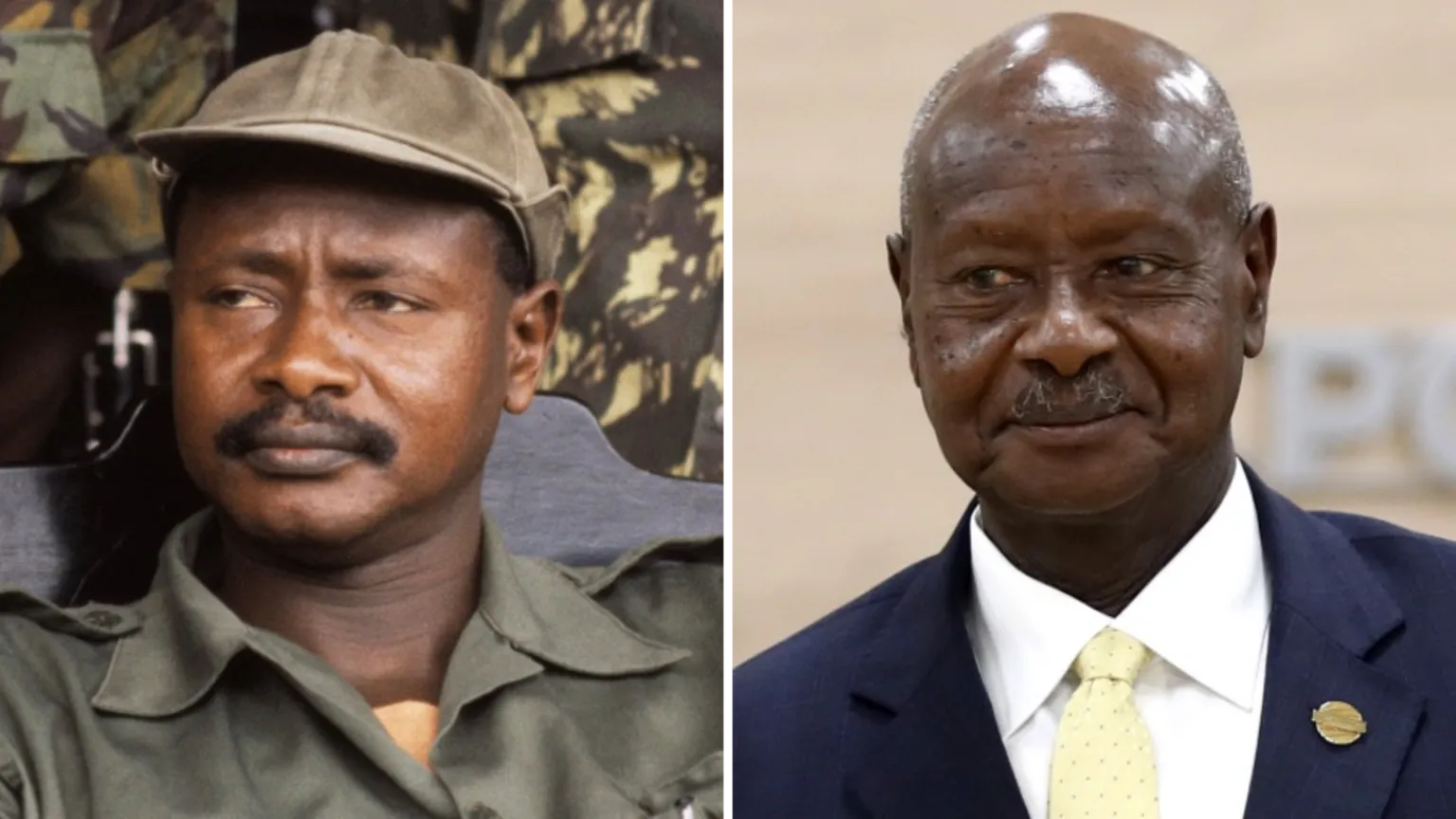Democracy, derived from the Greek words “demos” (people) and “kratos” (power or rule), is a system of government where power is vested in the people, either directly or through elected representatives. The concept originated in ancient Athens around the 5th century BCE, where citizens actively participated in decision-making processes.
Principles of Democracy: Democracy operates on several core principles: popular sovereignty, political equality, rule of law, majority rule with minority rights, protection of human rights, free and fair elections, and accountability and transparency. These principles ensure that government power is derived from and accountable to the people, while protecting individual freedoms and maintaining fair and just governance.
Practices of Democracy: Democratic practices include conducting regular, free, and fair elections; legislating through elected bodies; maintaining judicial independence; ensuring freedom of expression; and promoting civil participation. These practices allow citizens to engage in political processes, influence legislation, and hold government officials accountable.
Pitfalls of Democracy: Despite its strengths, democracy has potential pitfalls. Majoritarianism can lead to the oppression of minorities, populism can distort democratic processes, political polarization can paralyze institutions, corruption can undermine trust, and economic and social inequalities can limit equal participation. Addressing these challenges is crucial for the health and sustainability of democratic systems.
The Lango Chiefdom and Democratic Electoral System: Promoting Cultural Values Through Democratic Forums
Rapid Modernization and Cultural Preservation: Rapid modernization and globalization, coupled with power struggles detached from citizenship, have eroded traditional Lango cultural practices and values. Younger generations are increasingly disconnected from their cultural heritage, posing a threat to Lango identity. Years of cultural and political disputes have divided the Lango people and hindered national leadership aspirations. Global cultural influences and migration to urban centers for better opportunities further contribute to this decline.
Strategies for Socio-Economic Transformation: Amid internal and external conflicts, the Lango people have lagged behind in key social, economic, and political indicators. Leaders, including family heads, must organize inclusively, dream together, and strategically envision the future amidst global chaos. The Lango Chiefdom can utilize democratic forums such as community assemblies and cultural festivals to discuss, celebrate, and integrate traditional values into modern governance. This approach reinforces cultural identity and fosters community spirit, essential for regional development.
Key Strategies for Consideration and Learning:
Upholding Traditional Practices Through Democracy: Integrating traditional leaders into democratic institutions and policies can uphold cultural practices within the Chiefdom. This fusion of modern democracy and traditional governance preserves cultural heritage while meeting contemporary needs.
Inclusive Decision-Making: Ensuring inclusive participation is crucial for a thriving democracy. The Lango Chiefdom can establish mechanisms to hear and respect diverse voices, including marginalized groups. Community dialogues can foster consensus, mutual respect, and enhance social cohesion critical for societal development.
Educational Programs on Lango Culture: Educational initiatives teaching Lango cultural history and significance are essential to instill pride and belonging among youth. Integrating cultural studies into the curriculum and organizing workshops can ensure cultural knowledge transmission to future generations.
Adapting to Societal Changes: Maintaining cultural identity while adapting to modern societal changes involves encouraging cultural adaptation and leveraging technology and social media. Promoting Lango culture through innovative platforms ensures its relevance and growth in contemporary contexts.
Harnessing its democratic electoral system, the Lango Chiefdom can strengthen cultural identity and unity. Promoting cultural values through democratic forums, ensuring inclusive participation, and educating youth about Lango culture are crucial steps. These initiatives will preserve a robust cultural identity, fostering a cohesive community that respects its heritage while embracing modern societal changes amidst global competition and challenges in Uganda, Africa, and the world stage.
Written by Dr. Morris Chris Ongom, CEO of GLOFORD Uganda and Chairman of Chamber of Commerce Lira.




















